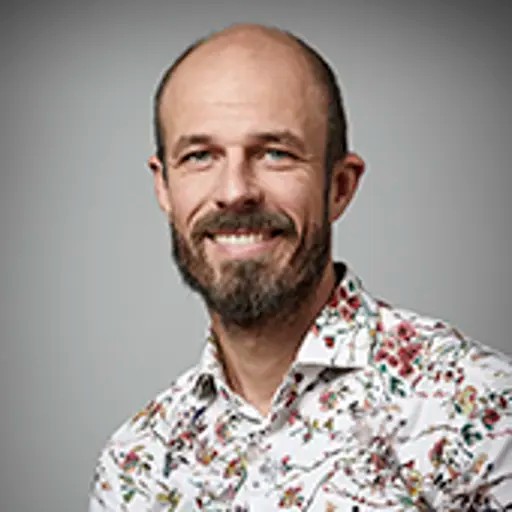
In half of the lakes in Sweden, there are elevated levels of mercury, something that the company Atium wants to change by purifying the water in an innovative way. Atium is based on research by Björn Wickman, Associate professor in chemical physics, and this year the company's first product will be launched.

The goal for Atium is to offer a better solution for purifying water than what has previously been available. Atium selectively removes mercury from various types of water and wastewater streams. Today, there are other methods existing for purifying water, but they are not as good or effective. An example of such a method is absorption, which not only captures mercury but also other materials.
During Björn's time as a Postdoc in Denmark, he and his colleagues began using electrochemical methods to produce hydrogen peroxide. One of the materials they tested was a solution containing mercury and platinum. This can be manufactured from a platinum electrode and mercury ions in a solution.
"When I returned from Chalmers, I tried to use that reaction to purify water. No one had previously tested the method of electrochemically reducing mercury ions and then locking them into a stable alloy to purify mercury from water, and we were able to demonstrate that it worked well," says Björn.

Creating a company
First, a patent review was conducted by a patent firm, and when it showed that there were no similar patents existing, they proceeded with a patent application. The idea of a company was then pitched to Chalmers School of Entrepreneurship. After a market survey, it turned out that there was a great interest, and thereafter, the company was founded in 2018 by Emma Hanaeus, Johan Björkquist, together with Björn Wickman and Chalmers Ventures. Emma later chose to move on to another organization, and Johan is currently the CEO. Right now Atium have one employed in the company and more recruitments are ongoing. Björn himself serves as a technical advisor, is part of the board, and owns a smaller share of the company.
"I want to use the research that we produce in various ways, such as applying it in the company. I am of course involved in various ways but not so much in the business aspects," says Björn.
Several applications
Currently, the focus is on the industry because there is a high concentration of chemicals there, and there are also companies willing to pay for the product. The first product will be launched this year and is a product for dental practices.
"The wastewater from dental practices has been found to contain a lot of mercury. Even though it is not allowed to use dental fillings containing mercury in Sweden today, there are still many people who have fillings with the material or have had their teeth fixed abroad," says Björn.
The goal is to offer the product in several industries where the technology is advantageous, such as from sulfuric acid production or flue gas cleaning in thermal power plants.
"Today, there are threshold values and regulations for mercury, but they are based on the technology available. If we can demonstrate that there is a better technology available for purifying water, it could also lead to stricter legislation. Many of the applications may be difficult to present an economical and efficient solution for, and that is a challenge for a small company. But that is what we aim for in the future," says Björn.

- Associate Professor, Chemical Physics, Physics